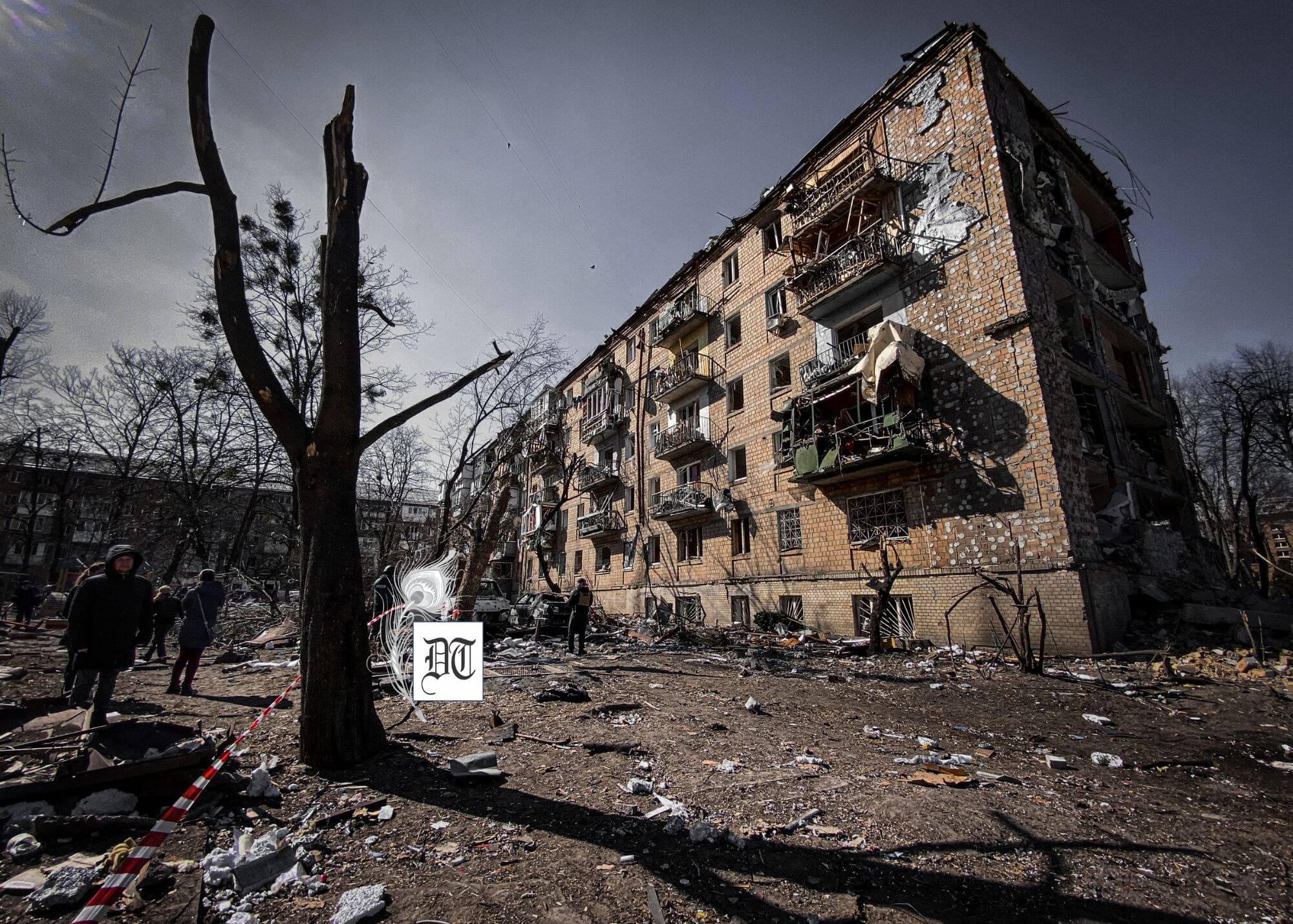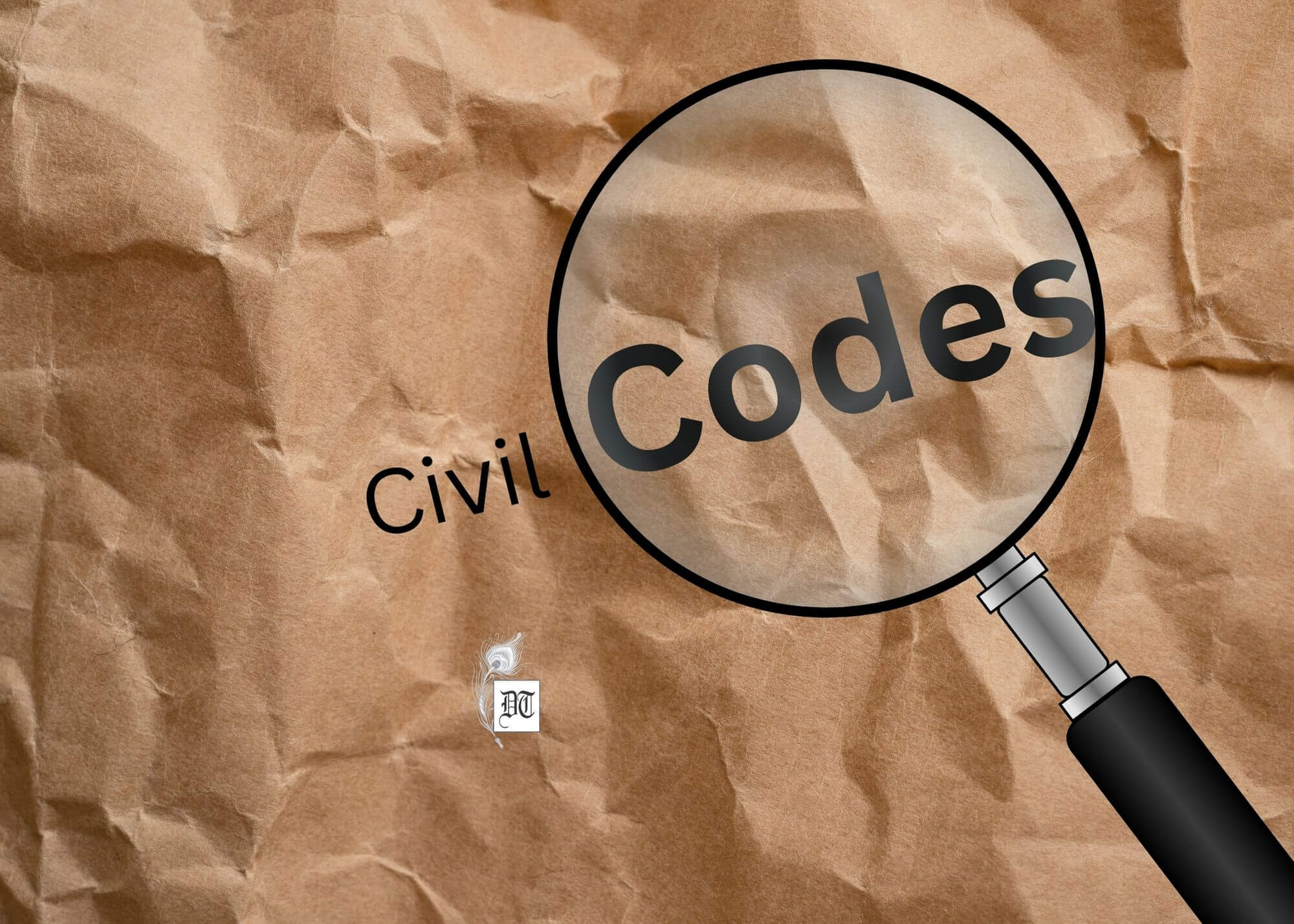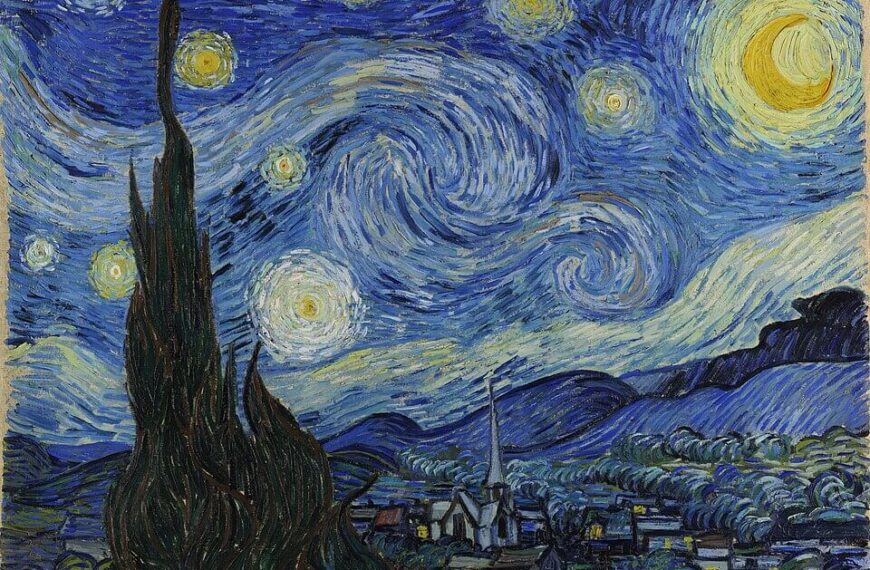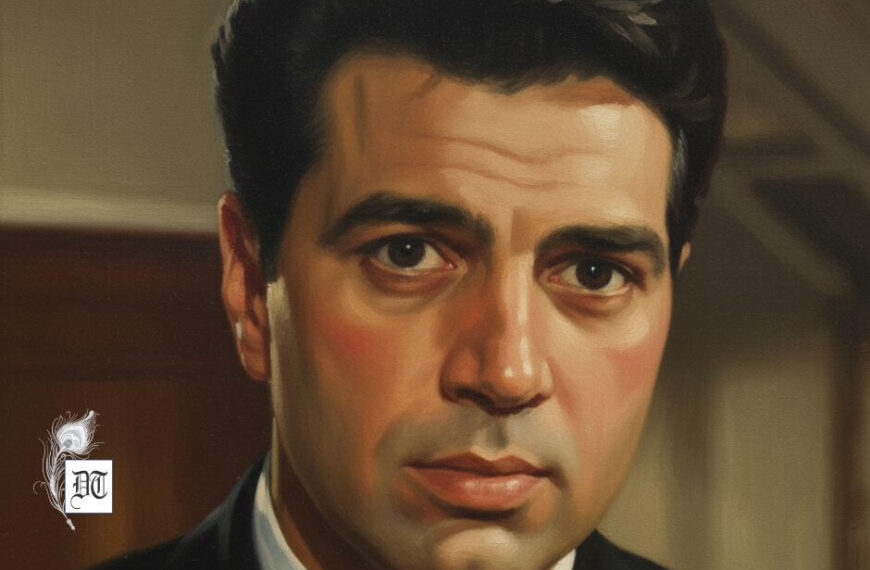Dr Baljeet examines Iran-Israel relations, highlighting tensions stemming from Khomeini’s views on Israel, and the Gaza War’s escalating conflict, affecting global geo-political dynamics, exclusively for Different Truths.
Before the Iranian Revolution of 1979 under its religious leader, Ayatollah Khomeini, Iran was ruled by Mohammad Reza Pahlavi, popularly known as the shah of Iran. His reign lasted from 1953 to 1979. Under his rule the relations between Iran and Israel were almost cordial. There existed diplomatic ties; trade was flourishing and military deals between the two were struck. It is pertinent to mention here that Iran was the second Muslim majority state after Turkey to recognize the sovereignty of Israel after its establishment in 1948 in the Palestinian land.
But after 1979, when Shah was deposed and Iran became a theocratic state under Ayatollah Khomeini, the relations between the two got strained. Ayatollah Khomeini considered Israel as an enemy of Muslims bent upon to eradicate them from their land. Iran, thus, cutoff its diplomatic ties with it. Israel too retaliated in the same way. Similarly, trade that was at brisk between the two suddenly came to halt and military deals were also struck down. Notwithstanding, the two countries cooperated with each other during the Iraq-Iran War (1980-1989) because of their mutual interests. Iran felt threatened when Iraq suddenly attacked it fearing Ayatollah Khomeini’s ideology would penetrate it and could pose a potential danger to its Baath government. Iran also considered Iraq, under Saddam Hussein’s rule, as a grave threat to its security. Under the prevailing circumstances, it desperately needed Israel’s military assistance. Similarly, Israel too was eager to help Iran to win over it again. Israel also wanted to sell its weaponry to gain profit for its weapon’s industry. It thus willingly provided all types of weapons to Iran. The latter too reciprocated by providing all information about Iraq’s army to Israel’s secret intelligence agency-Mossad. However, the war between Iran and Iraq ended in 1988 with ceasefire brokered by the United Nations.
This war though brought the two, otherwise staunch enemies, temporarily closer to each other but it could not end their animosity. Iran, after 1990, followed a more aggressive policy towards Israel. It has been supporting Hezbollah, – a Lebanese based militia group fighting tooth and nail against Israel; Hamas – a Palestinian based Islamist militia and political party, which attacked Israel on 7February2023, killed 1200 Israelis and captured 250 as hostages that triggered the Gaza War; and Houthi rebels of Yemen who are fighting the Saudi-led coalition forces in Yemen for their independence. These militias groups – Hezbollah, Hamas and Houthis- are sworn enemies of Israel. They consider it as an aggressor in Palestine. Besides facing their opposition, Israel is particularly worried about the rising power of Iran in the Middle East and its progress in nuclear technology. All these factors have escalated the enmity between the two countries. They are, therefore, drawn in a long, protracted war. Bombings and assassinations have become their routine affair.
Iran Bombed Israeli Embassy
In 1992, Iran had bombed the Israeli embassy in Buenos Aires, Argentina killing 29 people and injuring many others. Then again in 1994, it attacked the Jews community in Argentina killing 85 people. President Mahmud Ahmedinijiad (2005-2013) and his successors have emphatically declared that Iran does not recognize the state of Israel. In the Lebanon war of 2006, Iran openly supported Hezbollah against Israel. The latter too, on its part, has been supporting dissident movements against Iran in Syria such as People’s Mujahidin and Peoples Resistance Movements. It has also been supporting coalition forces fighting against Houthis of Yemen who are backed by Iran. Israel also owes millions of dollars to Iran for the oil it had purchased from her and which it refused to pay. During the presidency of Ebrahim Riasi (2021-2024), two nuclear scientists of Iran were killed. One army officer, Sayed Khodyai was shot dead in front of his house. Iran had blamed Israel for these killings. Riasi threatened that Iran would not tolerate it if Israel crossed its limits.
On April 1, 2024, Israel attacked the Iranian embassy in Damascus, Syria killing one of its senior army commanders. Many other people were also killed. Iranian Revolutionary Guards Corps (branch of Iranian army) retaliated on 13 April 2024 along with its allies Hezbollah and Houthis. A volley of drones, cruise and ballistic missiles was fired on Israeli defence installations. But most of them were shot down by Israel with sophisticated arms supplied by the United States and some other European countries. On April 19, 2024, Israel again showered several drones and missiles on Iranian army sites causing a lot of destruction. In September 2024, many pagers exploded in Beirut killing several Hezbollah members. Iran blamed Israel for this heinous crime. In October 2024, an assassination attempt by a drone was said to have been made on the life of Israeli Prime Minister Benjamin Netanyahu. Israel accused Iran for this.
Accusations and Attacks
This process of accusations, bombings, killings and cyber-attacks on each other’s infrastructures has been going on intermittently between Iran and Israel since the beginning of Gaza War. Sometimes ago it was a proxy war but now it has turned to be an open conflict between the two. Iran is openly supporting, militarily and financially, Hezbollah and Hamas both of which are fighting relentless war against Israel. While the United States and some other European countries are at the back of Israel. Naturally, the latter’s position has become much stronger than Iran. Be that as it may, Iran’s involvement in the Gaza War has changed the scenario.
As a matter of fact, it has now become a regional conflict in the Middle East or West Asia. It has certainly impacted on the geo-political dynamics of the world powers. If some viable solution is not found to contain this endemic conflict. Its consequences can be catastrophic for the whole world. Now Donald Trump, President-elect of the United States is back in the saddle of power. He promised during his election campaigns that he would end this war. Whether he fulfills his promise is a matter of time.
Picture design by Anumita Roy






 By
By
 By
By
 By
By
Excellent, Sir. The conflict suits certain superpowers too, though they also see the danger of the regional conflict acquiring global dimensions. One last thing; it is generally believed that the Hamas that provoked the present conflict, were created and supported in the beginning to counter and weaken the PLO. No one is trustworthy here.
Thank you for comprehensively bringing a complex situation within reach of the lay reader.